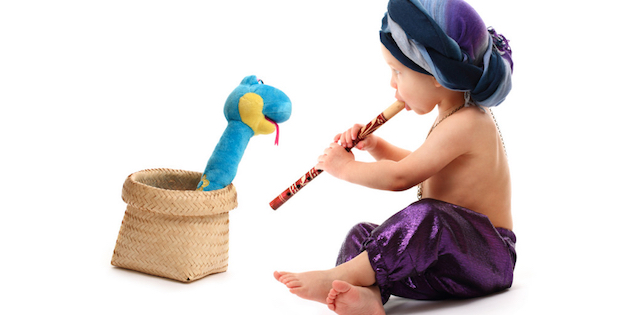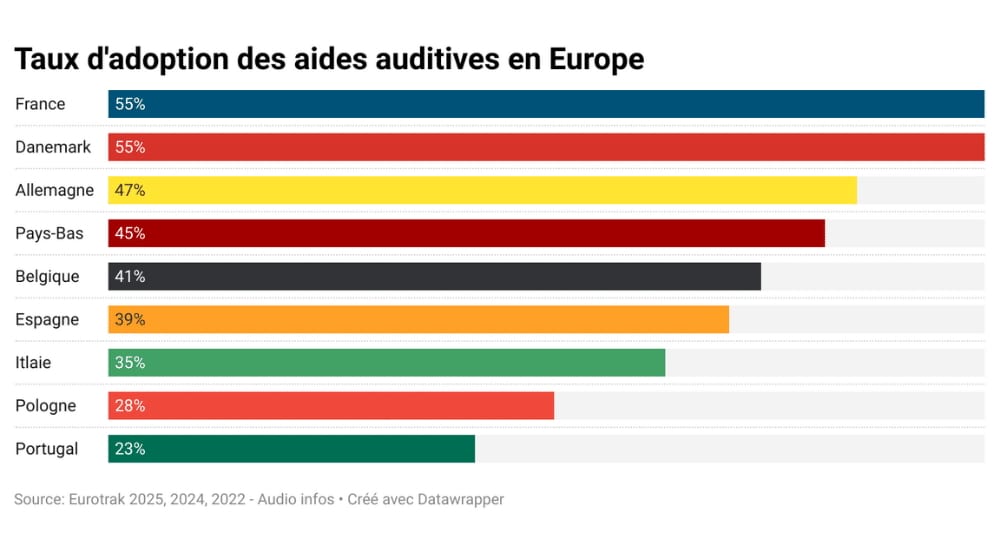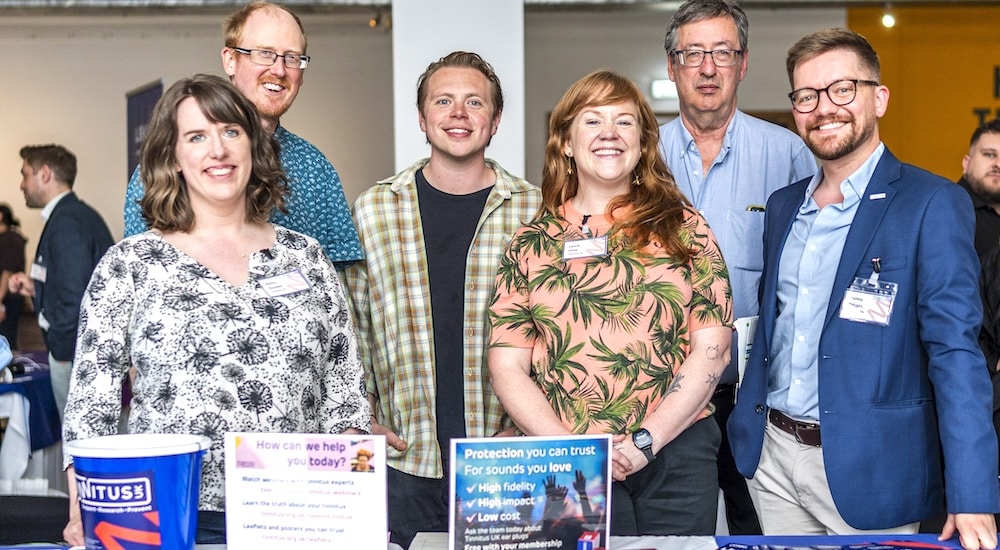Premature babies neurally lifted by snake-charmer music
music
Swiss-based research suggests that a music-enriched environment for very premature babies can help build them brain architecture similar to that of full-term newborns.

And the most successful musical stimulus tried by these researchers from the University of Geneva (UNIGE) and the University Hospitals of Geneva (HUG), Switzerland, was the pungi snake-charming flute backed by soothing bells and harp.
Nearly one percent of children in Switzerland—around 800 a year—are born between 24 and 32 weeks of pregnancy, a figure that similar to that of other industrialised nations. At this stage, the babies' brains are immature. Half will have neurodevelopmental disorders, including learning difficulties, with attention or emotional disorders.
"Brain development must therefore continue in the intensive care unit, in an incubator, under very different conditions than if they were still in their mother's womb," explained the director of this research work, Petra Hüppi, professor at the UNIGE and Head of the HUG Development and Growth Division. "Brain immaturity, combined with a disturbing sensory environment, explains why neural networks do not develop normally," she added.
The Geneva-based researchers looked carefully at the incubator environments in which the babies grow, putting forward a plausible solution—music specially composed for premature babies by musician Andreas Vollenweide —for testing on a group of premature infants who listened to the music. Two control groups were set up, one of premature infants without music, and a control group of full-term newborns. The results, published in May's Proceedings of the National Academy of Sciences (PNAS)—click here for full study—are based on medical imaging. They show much better development of neural networks of premature infants who have listened to this music than those who did not hear music.
The musician involved in the testing tried many instruments to draw reactions from the babies. It was the pungi, the flute used by Indian snake-charmers, that worked best.
With the first children enrolled now reaching the age of six, the study is at the stage where assessments can be carried out to detect age-cognitive difficulties.
Source: Science Daily


